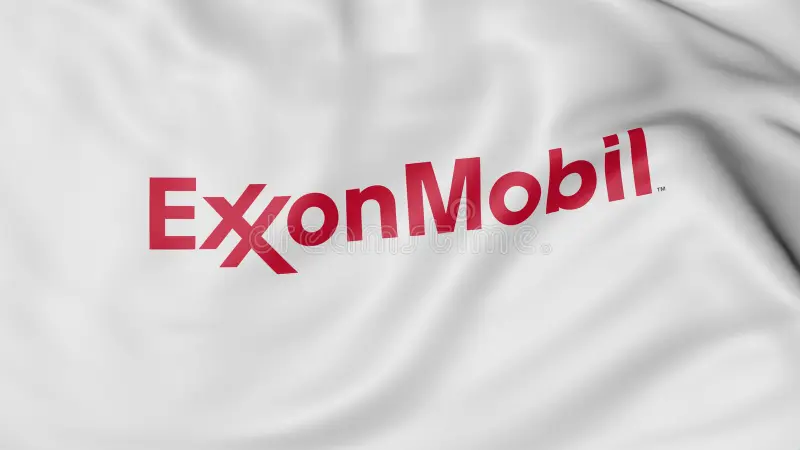
In the world of corporate finance, mergers and acquisitions (M&A) are pivotal in shaping industry landscapes and signaling the direction of market evolution. As we navigate through 2024, one deal has emerged as the most significant in terms of scale and impact: ExxonMobil’s acquisition of Pioneer Natural Resources. This blog post will dissect this colossal transaction, exploring the companies involved, the deal’s implications for the energy sector, and its strategic importance on a global scale.
Company Background
ExxonMobil
ExxonMobil, incorporated in 1882, is a multinational oil and gas corporation with a vast global reach. With operations spanning across the globe, ExxonMobil is engaged in every aspect of the oil and gas industry, from exploration and production to transportation and marketing, across more than 200 countries and territories. ExxonMobil is also a major manufacturer of basic petrochemicals and supplies refined products to over 40,000 service stations under its brand names Exxon, Mobil, and Esso. The company is known for its integrity, care, courage, excellence, and resilience, and it operates in the upstream, product solutions, and low carbon solutions sectors, providing products that enable modern life, including energy, chemicals, lubricants, and lower emissions technologies.
Pioneer Natural Resources
Pioneer Natural Resources, established in 1997, is an independent oil and gas exploration and production company headquartered in Irving, Texas. Known for its operations in the Permian Basin, one of the most prolific shale oil and gas regions in the United States, Pioneer has been a leader in unconventional oil and gas exploration and production. The company has a history of innovation and operational excellence, making it an attractive target for acquisition.
The Merger and Its Significance
Transforming the Landscape
The acquisition of Pioneer Natural Resources by ExxonMobil is more than just a financial transaction; it’s a strategic move that reshapes the energy sector. By doubling its Permian Basin footprint, ExxonMobil solidifies its position as a leading unconventional oil and gas producer in the U.S., with an estimated 16 billion barrels of oil equivalent resource. The combined entity will have an estimated daily production capacity of 1.3 million barrels of oil equivalent per day, expected to rise to approximately 2 million barrels by 2027.
Synergies and Efficiency
The merger is expected to generate double-digit returns by leveraging Pioneer’s Permian inventory and basin knowledge with ExxonMobil’s proprietary technologies and financial resources. This synergy aims to recover more resources more efficiently and with a lower environmental impact, aligning with ExxonMobil’s industry-leading plans to achieve net-zero Scope 1 and Scope 2 greenhouse gas emissions from its Permian operations by 2030.
Accelerating Environmental Goals
A notable aspect of this acquisition is the acceleration of environmental goals. ExxonMobil plans to use its Permian greenhouse gas reduction plans to expedite Pioneer’s net-zero emissions goal from 2050 to 2035, a clear indication of the company’s commitment to environmental responsibility and leadership in the energy transition.
Strengthening U.S. Economy and Energy Security
The merger is not just about business growth; it also plays a crucial role in strengthening the U.S. economy and energy security. By bringing the best technologies, operational excellence, and financial capability to an important source of domestic supply, ExxonMobil is poised to benefit the American economy and its consumers.
Strategic Consolidation and Market Reset
The ExxonMobil-Pioneer deal is a prime example of strategic consolidation in the energy sector. It highlights the need for companies to adapt to global industrial changes driven by geopolitical realities, government initiatives, and the focus on sustainability and energy security. This deal is part of a broader trend in the energy, utilities, and resources sectors, where companies are engaging in ‘friendshoring’ to secure vital feedstocks, and the U.S. is becoming an attractive M&A destination due to economic incentives and advanced infrastructure.
Financial Implications
ExxonMobil’s acquisition of Pioneer Natural Resources is valued at $59.5 billion, or $253 per share, based on ExxonMobil’s closing price on October 5, 2023. Under the terms of the agreement, Pioneer shareholders will receive 2.3234 shares of ExxonMobil for each Pioneer share at closing. The implied total enterprise value of the transaction, including net debt, is approximately $64.5 billion. This deal is expected to be accretive immediately and highly accretive mid- to long-term to ExxonMobil earnings per share and free cash flow, with a long cash flow runway.
Conclusion
The ExxonMobil-Pioneer Natural Resources deal is a monumental event in the energy sector, signaling a new era of consolidation and strategic growth. It is a testament to the ongoing transformation in the industry, where traditional energy giants are positioning themselves for a future that balances growth with environmental sustainability. This deal sets the stage for how energy companies will navigate the complex dynamics of the global energy transition, and it will undoubtedly be a case study for future M&A activities in the sector. With its significant impact on the U.S. economy, energy security, and environmental goals, this acquisition will be remembered as a landmark event that reshaped the future of energy.